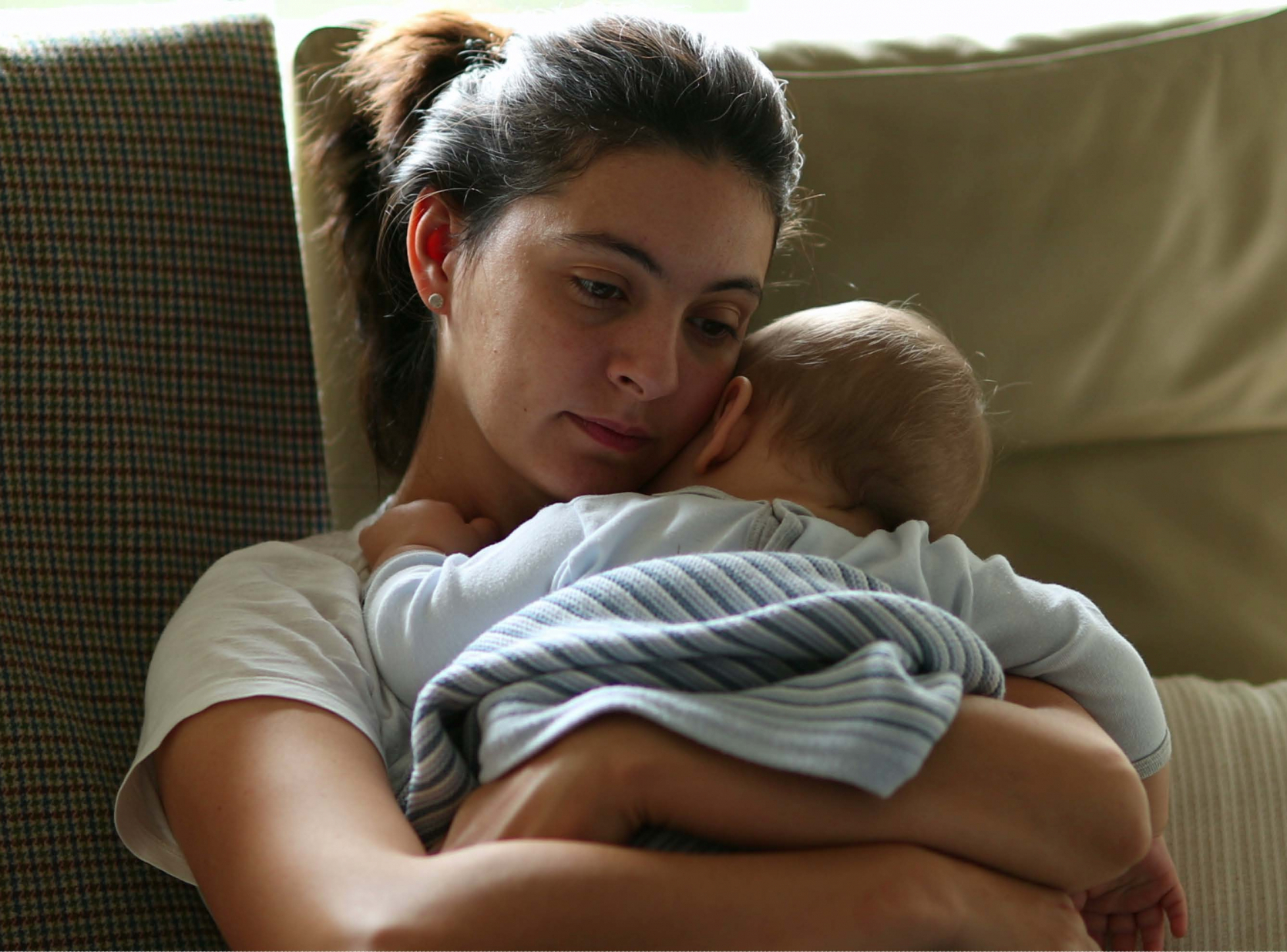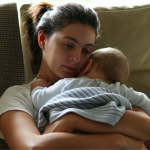Postpartum psychosis (PPP) may manifest somewhat differently than psychosis occurring in other settings, with signs and symptoms of mania (such as decreased need for sleep, impulsive/risky behaviors, rapid speech) or delirium (such as confusion and inattention) that may wax and wane. Postpartum psychosis is a rare, but treatable condition that requires early hospitalization and close monitoring and care.
While safe and effective treatments for this condition have been established, much remains to be learned about why this condition develops in certain women. The better we are able to understand this illness, the better able we may be to monitor and screen high risk women – ideally treating the condition early and to complete remission or even preventing this condition from occurring altogether.
A 2023 study from Albers and colleagues adds to existing literature on PPP. Using ICD-10 codes to identify postpartum psychosis, this cross-sectional study of over 12 million deliveries investigated risk factors – patient demographics, medical, psychiatric, obstetrical, and hospital factors – for postpartum psychosis occurring during hospitalizations for childbirth and hospital readmissions in the two months post-delivery, using the US Nationwide Readmissions Database (NRD) from the Healthcare Cost and Utilize Project (HCUP) between 2016 and 2019.
The findings of this study are outlined in this PowerPoint presentation.
Postpartum Psychosis During Delivery Hospitalizations and Postpartum Readmissions by Rebecca Leval
While there were many strengths and limitations of this study, it is important to note that a study with this design cannot prove causation. It was also unclear if these findings represent an increased disease burden, or an increase in screening and diagnosis of PPP.
While the mechanisms of how these conditions may pose risk of PPP remain unknown, the study authors hypothesize:
- The association with traumatic obstetric events may implicate immune dysregulation in PPP.
- The association with low socioeconomic status may implicate stressors of poverty in PPP.
- The association with Medicare insurance may implicate comorbid medical conditions in PPP.
In conclusion, PPP remains a rare, but high morbidity, event. PPP is quite responsive to treatment with mood stabilizers, antipsychotics, and/or ECT. Early intervention is critical as psychosis emerging during the postpartum period may result in harm to mother and infant. Women with medical, psychiatric, and obstetric risk factors should be closely followed within pregnancy and the postpartum. These risk factors are also associated with multiple other adverse pregnancy, delivery, and postpartum outcomes.
Rebecca Leval, MD
Albers SM, Wen T, Monk C, Logue TC, D’Alton ME, Booker WA, Friedman AM. Postpartum psychosis during delivery hospitalizations and postpartum readmissions, 2016-2019. Am J Obstet Gynecol MFM. 2023 May;5(5):100905.






Leave A Comment